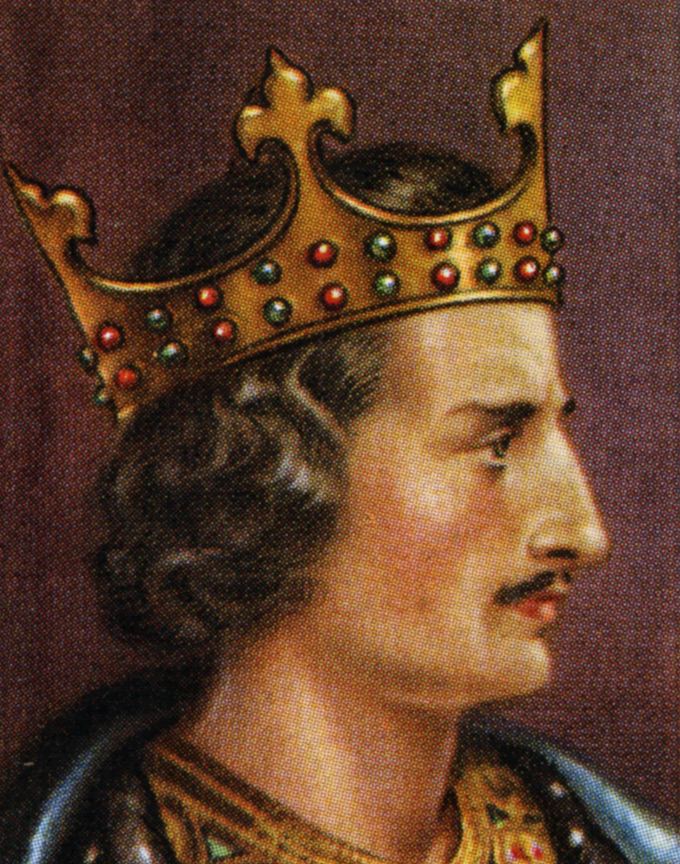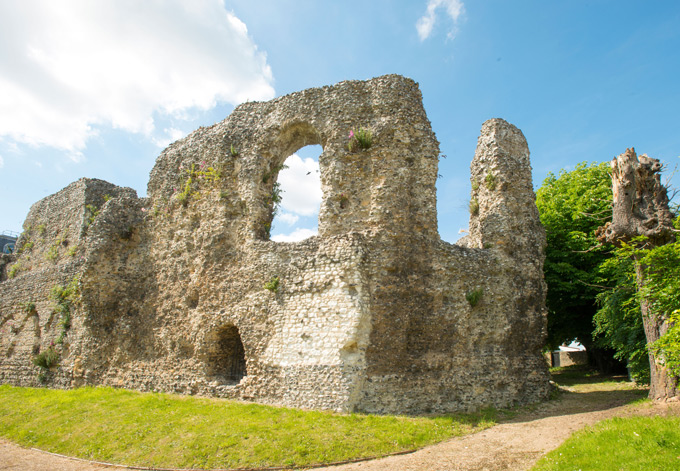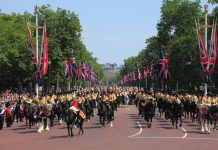Following the reinterment of King Richard III, archaeologists launched a search for the remains of King Henry I, who they believed was buried under a car park in Reading, Berkshire

Not long after the reinterment of Richard III, the remains of an earlier English king may soon be discovered beneath another carpark, or potentially a school playground.
In 2015 Archaeologists launched an operation that may locate the remains of William the Conqueror‘s youngest son, Henry I, who ruled England from 1100 until his death in 1135 with an ‘‘energetic, decisive and occasionally cruel’’ hand, according to the Guardian. He’s believed to have died after eating too many lampreys (a type of jawless fish) and was buried in Reading abbey, which was largely destroyed during the dissolution of the monasteries in the 16th century.
The team included Philippa Langley, who led the search for Richard III’s remains, and they searched the abbey grounds with radar to try to discover Henry I’s remains, which could be hidden under a playground, school or parking lot on the site.

The project could also reveal the king’s tomb, rumoured to have been plundered hundreds of years ago for its silver coffin, with the remains scattered. But if the remains or even an intact tomb are found, it is possible public pressure will be exerted to rebury Henry in a more prominent setting, with some of the pomp and circumstance that surrounded Richard III.
After his remains were discovered in a Leicester car park in 2012, Richard III was exhumed and re-interred in Leicester Cathedral, drawing tens of thousands of visitors to the site to pay their respects.
It has been acknowledged that it would be far more difficult identifying Henry’s remains than Richard’s because his ancestry would have to be traced back a further 350 years.
‘‘We were quite lucky with Richard because of the genealogical evidence, but the further back you go the less reliable it becomes,” University of Leicester lecturer Turi King, who conducted Richard’s DNA testing, told the Guardian.
Download BRITAIN Magazine to your mobile today

 No mobile device? Purchase directly on Zinio for your desktop!
No mobile device? Purchase directly on Zinio for your desktop!






 © 2024
© 2024